LEGISLATION
Consolidated Appropriations Act of 2021 (CAA)
The Consolidated Appropriations Act of 2021 (CAA) prohibits plans from entering into agreements with service providers that restrict the plan from obtaining electronic access to claim and encounter data for all plan participants.
Hospital Price Transparency and Disclosure Act of 2018
This rule requires health systems to publicly post the costs of their items and services online. The prices must include standard charges for all items and services for all payers and health plans and a standard charges list or a price estimator tool for the 300 most common services.
The policy aims to help consumers compare hospital prices and better estimate their cost of care before a hospital visit. Plan sponsors can also benefit from this law by verifying that the plan is not being charged more than the published rates.
FEDERAL LAWS GOVERNING HEALTH CARE REGULATIONS
ERISA
The Employee Retirement Income Security Act (ERISA) is a federal law from 1974 that governs how self-funded employers provide benefits plans to employees. ERISA ensures minimum standards are set for employer-sponsored private health plans.
Plan Sponsors Rights Under ERISA
ERISA requires that plans be allowed access to claims data to fulfill the required monitoring functions. Fiduciaries have important responsibilities and are subject to standards of conduct because they act on behalf of group health plan participants and their beneficiaries. These responsibilities include:
- Acting solely in the interest of plan participants and their beneficiaries and with the exclusive purpose of providing benefits to them.
- Carrying out their duties prudently.
- Following the plan documents.
- Holding plan assets in trust.
- Paying only reasonable plan expenses.
Plan Sponsors Obligations Under ERISA
ERISA requires that health plans monitor the performance of the service providers hired to assist with administering the plan. The duty to act prudently is one of a fiduciary’s central responsibilities under ERISA. It requires expertise in a variety of areas. A fiduciary who lacks that expertise will want to hire someone with the professional knowledge to carry out those functions.


